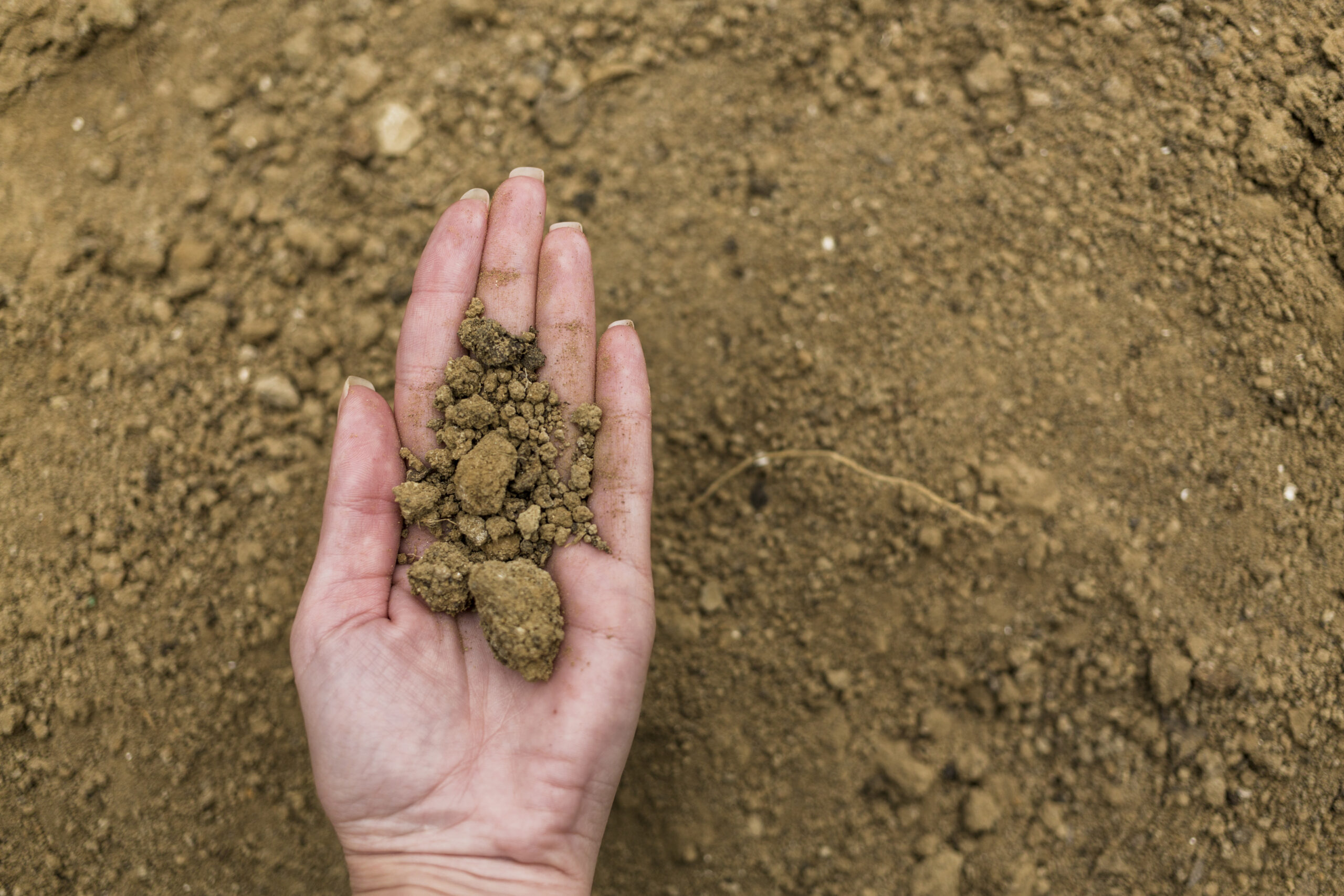Preventing Expansive Soil from Damaging Your Foundation: Expert Tips
Expansive soil can pose serious risks to a property’s foundation, particularly in areas like Long Island, Brooklyn, and Queens, where certain soil types are prone to expansion and contraction. These soils, rich in clay, can wreak havoc on homes if left unmanaged. In this article, we’ll explore what expansive soil is and share expert tips on preventing it from damaging your foundation.
What Is Expansive Soil?
Expansive soil is a type of soil, often high in clay content, that swells when it absorbs water and shrinks when it dries. This movement, especially when combined with inconsistent moisture levels, can lead to significant structural damage. Expansive soils can be found in various regions and are especially problematic after heavy rains or during drought conditions.
When expansive clay soil absorbs moisture, it causes soil heave, where the ground swells and pushes upwards against foundations. Conversely, loss of water causing something to shrink or contract, leaving gaps beneath the foundation, can cause settling or cracking. Both scenarios put tremendous stress on a home’s foundation.
How Expansive Soil Can Damage Your Foundation
The constant cycle of expanding and contracting soil puts pressure on your foundation, leading to potential damage like:
- Cracks in the foundation and walls: As soil shifts, it exerts uneven pressure, causing cracks to form.
- Uneven settling: Parts of the foundation can sink, leading to sloped floors and sticking doors.
- Structural instability: Over time, these stresses can compromise the stability of the entire building.
Expert Tips for Preventing Expansive Soil Damage
To protect your foundation from the harmful effects of expansive soil, consider these expert tips:
1. Improve Drainage Around Your Property
Proper drainage is essential in preventing water from accumulating around your foundation. Installing gutters, downspouts, and grading the soil away from your home will help control the moisture levels in the soil. This reduces the risk of soil heave caused by water absorption.
2. Maintain Consistent Moisture Levels
Keeping soil moisture levels stable can help prevent both soil heave and shrinkage. During dry seasons, consider watering the soil around your foundation, but be careful not to oversaturate it. This will prevent expansive clay soil from shrinking due to loss of water.
3. Use Vegetation Wisely
Certain plants and trees absorb large amounts of water from the soil, which can lead to rapid drying and shrinking. Avoid planting water-hungry trees near your foundation, and instead, opt for shrubs and plants that have shallow root systems and low water needs.
4. Install Root Barriers
If large trees are present near your foundation, installing root barriers can help prevent the roots from drawing moisture from the soil. This can mitigate the loss of water and reduce the shrinkage of expansive soils.
5. Consider Foundation Reinforcements
In areas with highly expansive soils, it may be necessary to reinforce your foundation. Techniques like mudjacking or underpinning can stabilize the foundation by filling in voids or supporting weakened sections. This helps to counter the effects of shifting soils.
6. Use Moisture Barriers
Installing moisture barriers around your home can prevent water from seeping into the soil near your foundation. By controlling water exposure, you can minimize the risk of soil heave and shrinkage caused by expansive clay soils.
Why Long Island, Brooklyn, and Queens Are at Risk
In regions like Long Island, Brooklyn, and Queens, expansive soils are prevalent, particularly in areas with a high concentration of clay. The fluctuating weather patterns in these regions—ranging from heavy rains to dry spells—intensify the cycle of soil expansion and contraction. Homeowners in these areas must take proactive steps to safeguard their foundations.
Conclusion
Preventing expansive soil from damaging your foundation requires a combination of proper drainage, moisture control, and strategic landscaping. If you suspect your home is built on expansive soil or have noticed signs of foundation damage, contact a professional to assess the situation. Taking early action can save you from costly repairs down the road.
For expert advice on protecting your home from the effects of expansive soil, contact Mudjacking Contractor for a consultation. We specialize in foundation repair solutions tailored to the needs of properties in Long Island, Brooklyn, and Queens.

